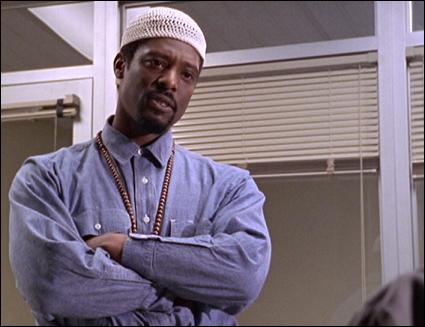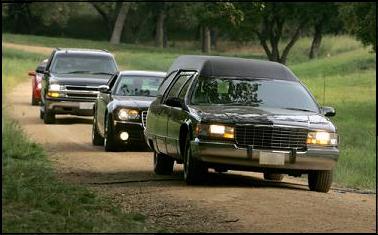“It’s good to be in something from the ground floor. I came too late for that, I know. But lately, I’m getting the feeling that I came in at the end. The best is over.”
– Tony Soprano
On January 10, 1999, pay channel HBO launched the pilot episode of The Sopranos, the show that would change television forever. Before this ground breaking phenomenon, movies were far superior to television in terms of intelligent writing, production design and the actors involved. The Sopranos changed all of that.
‘The Sopranos wasn’t the first show to break all the rules’, write Matt Zoller Seitz and Alan Sepinwall in their book ‘The Sopranos Sessions’ (see also Oz and Twin Peaks for example), ‘but it was the first show to do that and still become a massive, enduring hit.’
But what is so good about The Sopranos? Maurice Yacowar in ‘The Sopranos On The Couch’, writes: ‘For openers: it’s brilliantly written, performed, and filmed. Each episode has the polish of an excellent feature film – with a tighter yet more complex, resonant script than most. The show is also relentlessly entertaining. The characters are engrossing, the plot twists astonishing but coherent, and the dialogue mined with ironies and poetic resonance quite beyond what we are used to hearing on the boob tube or even on the commercial cinema these days. Unique for a television series, details connect not just across the hour but across a season and beyond. The viewer has to dig for links and meanings beyond what’s spelled out on the surface and is often left with mysteries. That makes the show more like European cinema – and a complete departure for American television. At the same time, The Sopranos provocatively raises major questions about how and why we live.’
In 2021, I published the ultimate The Sopranos tribute. You can read the highlights from this tribute below:
- My Sopranos Obsession: Final Analysis
- My Favorite TV Episode of All Time
- The Sopranos: 10 Favorite Episodes
- The Sopranos – 100 Greatest Moments
- The Sopranos Ending Explained: Tony is not Definitively Dead, but his Future Looks Bleak
And if you still haven’t seen the show, it is not too late! It is still available on HBO. Seriously, you’d be a douchebag to miss it.







